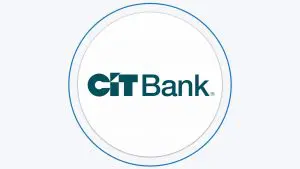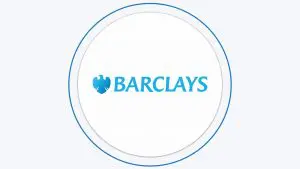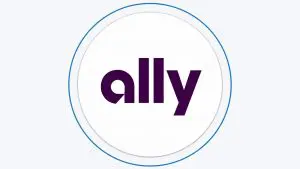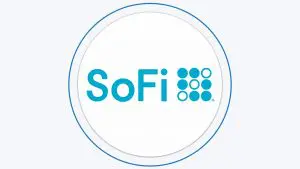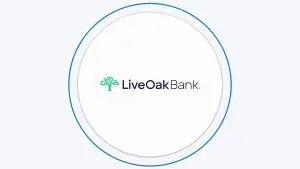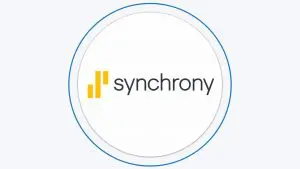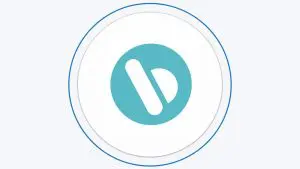Table Of Content
What Is IRA Savings Account?
An IRA (Individual Retirement Account) Savings Account is a type of savings account that is specifically designed for retirement savings. It is a tax-advantaged account that allows you to save money for your retirement years while also potentially reducing your current tax bill.
When you contribute to an IRA Savings Account, you may be able to deduct the amount of your contribution from your taxable income, which can reduce your overall tax liability for the year. Additionally, the money you earn on your IRA Savings Account is tax-deferred, which means you won't have to pay taxes on any interest or investment gains until you withdraw the money during retirement.
There are two main types of IRA Savings Accounts: Traditional IRA and Roth IRA. Traditional IRA contributions may be tax-deductible, while Roth IRA contributions are made with after-tax dollars but allow for tax-free withdrawals in retirement.
What is IRA CD?
Similar to IRA savings account, this is an account that is designed specifically for retirement savings. IRA CDs offer the same features as regular CDs, such as a fixed interest rate and a set term.
Like other IRA accounts, IRA CDs also offer tax advantages. Contributions made to a traditional IRA CD may be tax-deductible, while earnings on both traditional and Roth IRA CDs are tax-deferred until withdrawal during retirement.
Top Offers From Our Partners
IRA Savings Account vs IRA CD: How They Compare?
Similar to how regular savings account and CD work, the main differences between an IRA Savings Account and an IRA CD are the interest rate and the flexibility of access to funds.
-
IRA CD Offer Higher Interest
Similar to regular CDs and savings accounts differences, IRA CD offers a higher interest rate, but requires you to leave your money in the account for a fixed period of time, ranging from a few months to several years, depending on the term of the CD.
-
IRA Savings Account Is More Flexible
IRA savings accounts are more flexible in terms of liquidity compared to IRA CDs. This means that you can transfer funds from your IRA savings account to other parts of your IRA without any penalties or fees, as long as the money remains within your IRA.
However, IRA CDs are less liquid, and if you withdraw money from them before they mature, you'll typically be subject to a penalty, even if the money remains within your IRA.
If you need to take advantage of other savings products within your IRA, it would be simpler to move funds from an IRA savings account since it provides more liquidity compared to an IRA CD.

Where You Can Open IRA Saving or IRA CD?
When it comes to opening an IRA Savings account or IRA CD, there are several options available to you. One common choice is a traditional bank or credit union, which may offer both types of accounts. These institutions typically have physical branch locations that you can visit to open an account, or you can open one online or over the phone.
If you prefer to invest with a brokerage firm, many of these companies also offer IRA Savings accounts and IRA CDs. These firms may have more investment options available than traditional banks or credit unions, such as stocks, bonds, and mutual funds.
How To Open It?
The process of opening an IRA Savings account or IRA CD varies depending on the financial institution you choose. Here are some general steps you can follow to open an IRA account:
Choose a financial institution: Research different banks, credit unions, and brokerage firms that offer IRA accounts. Compare the interest rates, fees, and investment options available to determine the best fit for your needs.
Gather required information: To open an IRA account, you'll typically need to provide personal information such as your name, address, social security number, and date of birth. You may also need to provide employment and income information.
Fill out an application: Once you've chosen a financial institution, you'll need to complete an application for the type of IRA account you want to open. This can usually be done online, by mail, or in-person at a branch location.
Fund the account: To start earning interest on your IRA Savings account or IRA CD, you'll need to make an initial deposit. This amount can vary depending on the financial institution and the type of account you choose.
Set up contributions: After opening your IRA account, you may want to set up regular contributions to the account to maximize your retirement savings. This can usually be done through automatic transfers from your checking or savings account.
Before opening any IRA account, it's important to understand and compare the terms and conditions, fees, and potential tax implications.
Alternatives
The main alternatives to IRA Savings accounts and IRA CDs are other types of retirement savings accounts and investment options. Here are a few examples:
401(k) or 403(b) plans: These are employer-sponsored retirement plans that allow employees to save money for retirement on a tax-advantaged basis. Contributions to these plans are deducted from your paycheck, and you may receive a matching contribution from your employer.
Roth IRA: This is another type of individual retirement account that offers tax advantages. Contributions to a Roth IRA are made with after-tax dollars, but earnings grow tax-free and qualified withdrawals are tax-free.
FAQs
Can I roll over funds to another retirement account?
Yes, you can roll over funds from an IRA Savings account or IRA CD to another retirement account, such as a 401(k) or another IRA account. It's important to follow the rules and guidelines for rollovers to avoid penalties and taxes.
What happens if my financial institution goes bankrupt?
If your financial institution goes bankrupt, your IRA Savings account and IRA CD are typically protected by the Federal Deposit Insurance Corporation (FDIC) or Securities Investor Protection Corporation (SIPC), depending on the type of institution and account.
What happens to my IRA Savings account or IRA CD when I die?
The distribution of your IRA Savings account or IRA CD after your death depends on your beneficiary designation. It's important to review and update your beneficiary designation regularly to ensure your assets are distributed according to your wishes
Can I withdraw money from an IRA Savings or CD before retirement age?
You can withdraw money from an IRA Savings account or IRA CD before retirement age, but it may be subject to penalties and taxes. It's important to consult with a financial
Can I contribute to both an IRA Savings account and an IRA CD?
Yes, you can contribute to both an IRA Savings account and an IRA CD, as long as you stay within the annual contribution limits for IRA accounts.





